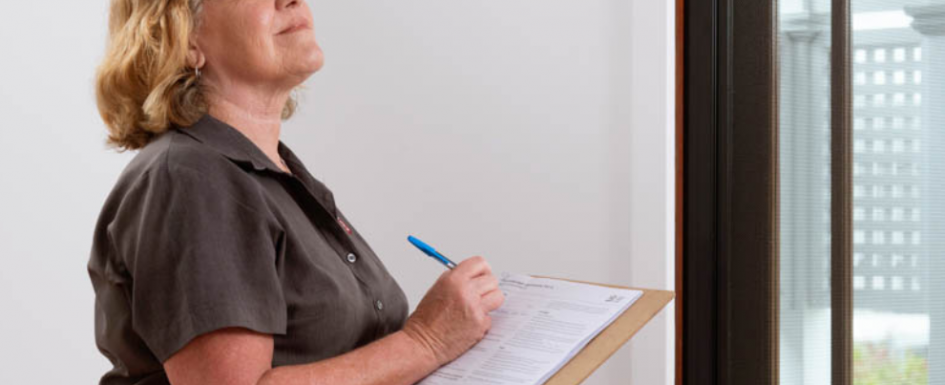Minimum housing standards will apply to all residential tenancies across Queensland from this Sunday, 1 September 2024, ushering in greater clarity on the expected condition of rental homes and their inclusions.
While rental properties have long been required to be fit for habitation and maintained in good repair, the new standards go further by delving into the details and specifying the safety, security and functionality measures that must be met.
The Real Estate Institute of Queensland (REIQ) led the charge on establishing these crucial standards, raising the need for greater clarity and specificity in housing standards from 2016.
REIQ CEO Antonia Mercorella hailed the introduction of minimum housing standards as a win-win which would be beneficial for all parties in tenancy relationships.
“These minimum housing standards set a reasonable benchmark for rental property conditions, and are crucial for ensuring tenant safety, security, and privacy,” she said.
“Ensuring that tenants and visitors can reside in the home safely is paramount, not only to protect them, but also to safeguard against potential liability risks for the property owner and property manager.
“We know that effective residential tenancy relationships are built on clear expectations and communication, and these minimum housing standards offer that greater level of clarity and certainty for everyone.
“This will help eliminate areas where delays and disputes may arise between a property owner and a tenant around whether a repair or an improvement is required.
“For example, minimum housing standards specify that external windows and doors must have functional locks, and that window coverings such as blinds, curtains, glass tinting or frosting, are provided in all rooms where privacy is reasonably expected.”
Ms Mercorella said most rental properties should already be compliant and up to scratch with the standards come Sunday 1 September.
“These standards should not come as a shock to property owners – there has been a transition period ahead of their commencement and the REIQ has used this time to educate property managers, who in turn have informed their clients,” she said.
“As the peak body for real estate professionals, the REIQ has rolled out this extensive education to ensure property managers are well-informed and compliant with the statutory requirements – all without a cent of Government funding.
“Often when a lessor is self-represented and they don’t have a property manager, that tends to be where we see problems emerging due to ignorance or the law, or perhaps even a flagrant disregard for the law.
“Sadly, there are some property owners who are offering properties that are neither safe or suitable for rent. In these cases, there are now harsher penalties and legislative ramifications where potentially QCAT could make an order preventing that property from being able to be rented out until it is brought up to standard.”
She said the REIQ had been a staunch advocate for the introduction of more robust and specific legislation surrounding minimum housing standards.
“We have consistently called for clearer, more precise legislation that remove the shades of grey and defines the minimum housing standards for rental properties,” she said.
“This is advantageous to all parties, and we are proud to have been the driving force behind this significant advancement in housing policy.”
Read more about the standards here – REIQ | Minimum housing standards – Are you prepared? – for more information on the minimum housing standards, the Residential Tenancies Authority (RTA) provides independent, free advice. The REIQ also offers a Property Management Support Service for property managers.
ENDS
Media enquiries:
Claire Ryan, Media and Stakeholder Relations Manager, The Real Estate Institute of Queensland
M: 0417 623 723 E: media@reiq.com.au
